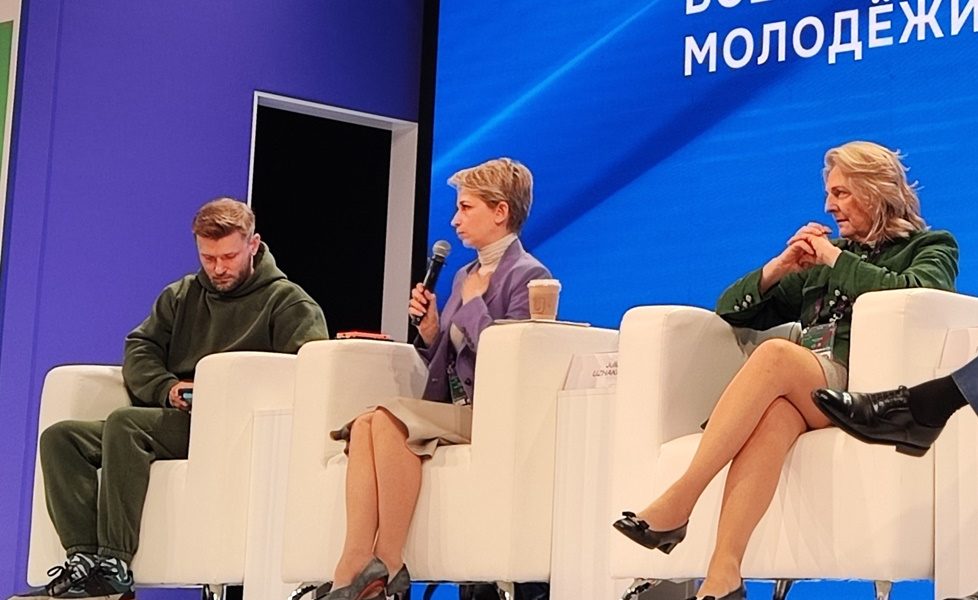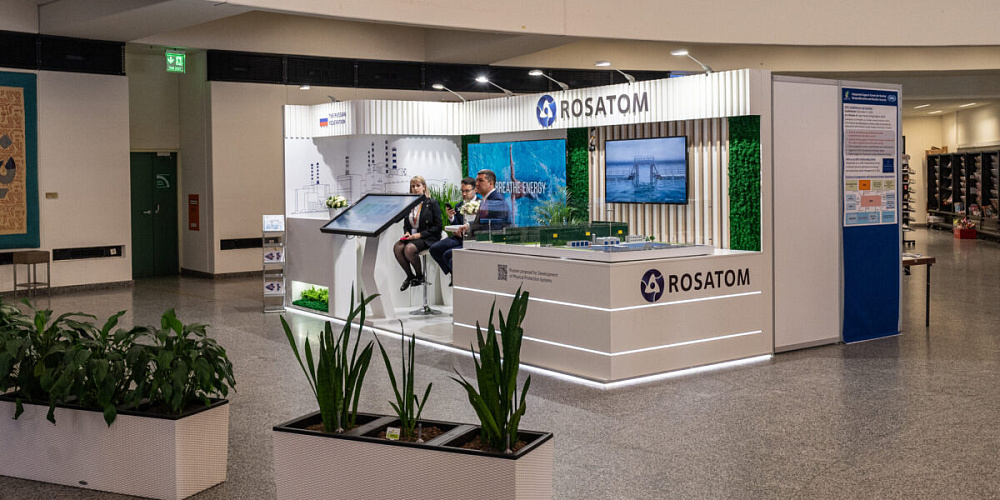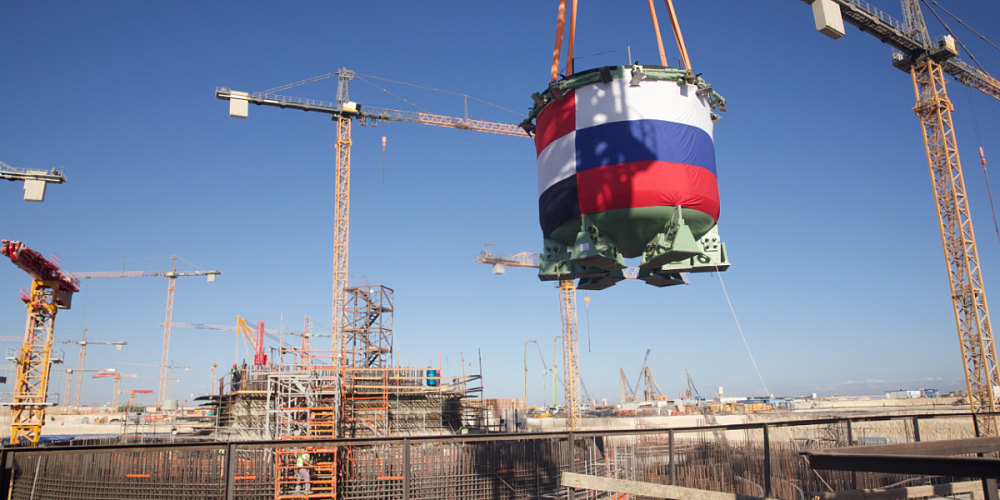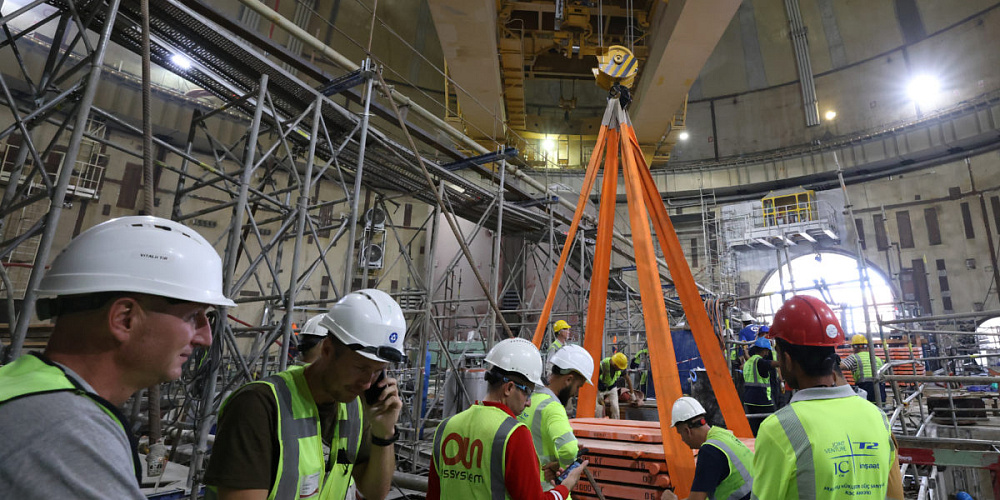The discussion “Human capital. In the search for real prospects for young leaders in today's world” involved participation from Yulia Uzhakina, Director General of the Rosatom Corporate Academy, Karin Kneissl, ex-Minister of Foreign Affairs of Austria, and Kirill Shamalov, a Russian businessman. The experts examined the issues of potential of human resources from different points of view: discussing the possibilities of a talented and ambitious young man in the modern world, as well as the steps to be taken by states, corporations, NGOs to attract the most valuable personnel, including from foreign countries. The speakers agreed that young qualified personnel play a key role not only in the capitalization of companies, but also in the development of national economies.
In her speech, Yulia Uzhakina noted that all Rosatom projects are large-scale, with a long life cycle and cited the example of nuclear power plants, whose life span from launch to decommissioning is about a hundred years. In her opinion, with such a scale of work, it is necessary to keep in mind that it is the youth who will take responsibility for the development and management of these projects in the future. Therefore, the subject of training highly qualified personnel, starting from secondary school, is an urgent need rather than a mere figure of speech for the State Corporation.
The speaker commented on the issues of demand for and development of young talents: “Career prospects and success of future professionals are a two-way responsibility. It is the responsibility of the business, the employer, to create conditions for unlocking the potential of young people. As for the young professionals themselves, they need to understand their strengths and make efforts to develop them. There is a famous Thomas Edison formula: ‘Genius is 2% inspiration and 98% perspiration.’ For our part, we provide all the opportunities for self-fulfillment of employees – both professionally and personally. And, of course, we work with those who are yet to come to Rosatom – with schoolchildren and university students. In working with schoolchildren, we pay special attention to parents and teachers, who play a key role in determining the abilities and building the children's further trajectory.”
The discussion also touched upon issues of international educational partnership, which are of particular importance to Rosatom. The State Corporation is engaged in comprehensive training of highly qualified personnel – Russian and foreign specialists for the implementation of nuclear energy projects around the world – and helps partner countries to establish national nuclear education systems. The speakers were unanimous that such global cooperation stimulates education, science, industry, helps create new jobs, improves the quality of life, and ultimately contributes to the sustainable development of the world as a whole.
Reference
The World Youth Festival is held in accordance with the decree of Russian President Vladimir Putin in order to develop international youth cooperation. It will be attended by 20,000 young leaders in education, science, international cooperation, culture, volunteerism and charity, sports, business, and media, including 10,000 foreign participants. Teenagers will also be able to take part in the festival for the first time (as part of the track of the all-Russian movement of children and youth “Movement of the First”).
Rosatom is a multi-industry holding company which comprises assets in power engineering, machine building, and construction. Its strategy is to develop low-carbon generation, including wind power. Rosatom is the national leader in power generation (accounting for about 20% of the country's total output) and ranks first globally in terms of the size of its portfolio of orders for the construction of nuclear power plants: 33 power units in 10 countries are at different stages of implementation.
The Government of the Russian Federation and large Russian companies continue to expand the spectrum of solutions for unlocking the potential of students and young employees. Rosatom and its enterprises are involved in the creation of joint departments in Russian universities, the implementation of scholarship support programs, major educational projects, the organization of practical training and internships for students.





